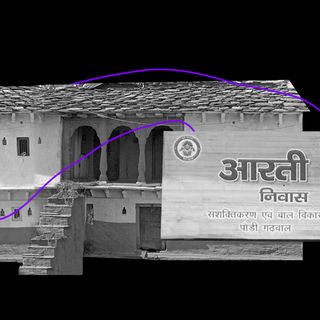“Live-in relationship between two consenting adults of heterosexual sex does not amount to any offense even though it may be perceived as immoral,” the Allahabad High Court ruled today, reaffirming two adults’ right to live together consensually.
The order was passed for a petition involving a woman who chose to live with her partner after her family continuously attempted to marry her off to significantly older men. The couple, 24 and 28 years old, approached the court to ensure that the woman’s family members do not harass them in any manner. The Court noted this and ruled that the couple can receive police protection upon request.
The Court stated that the Supreme Court, in multiple previous verdicts, had upheld the right of consenting adults to live together without family harassment. “As [sic] right to life is a fundamental right ensured under Article 21 of the Constitution of India, in which it is provided that no person shall be deprived of his right to life and personal liberty,” The Court stated.
Related on The Swaddle:
India’s Domestic Violence Laws Don’t Protect Couples Who Live Apart, Leaving Them Vulnerable and Stigmatized
Though India’s laws on cohabitation are relatively progressive and afford women rights that protect them in vulnerable situations, live-in relationships, remain socially taboo in India. However, the number of young Indians who choose to live together is steadily rising. More than 80% of Indians aged 18 to 35 said they support the idea of live-in relationships, according to a survey by news app Inshorts in 2018, with more than 45% viewing cohabitation as a means to test compatibility before marriage.
The Allahabad High Court has previously upheld decisions that prioritize citizens’ right to live freely over social norms. In November, the Court struck down a judgment that called religious conversions for the sake of marriage unacceptable because the High Court believed it was “bad in law” that is, a law that is poorly thought out and can be misused.




